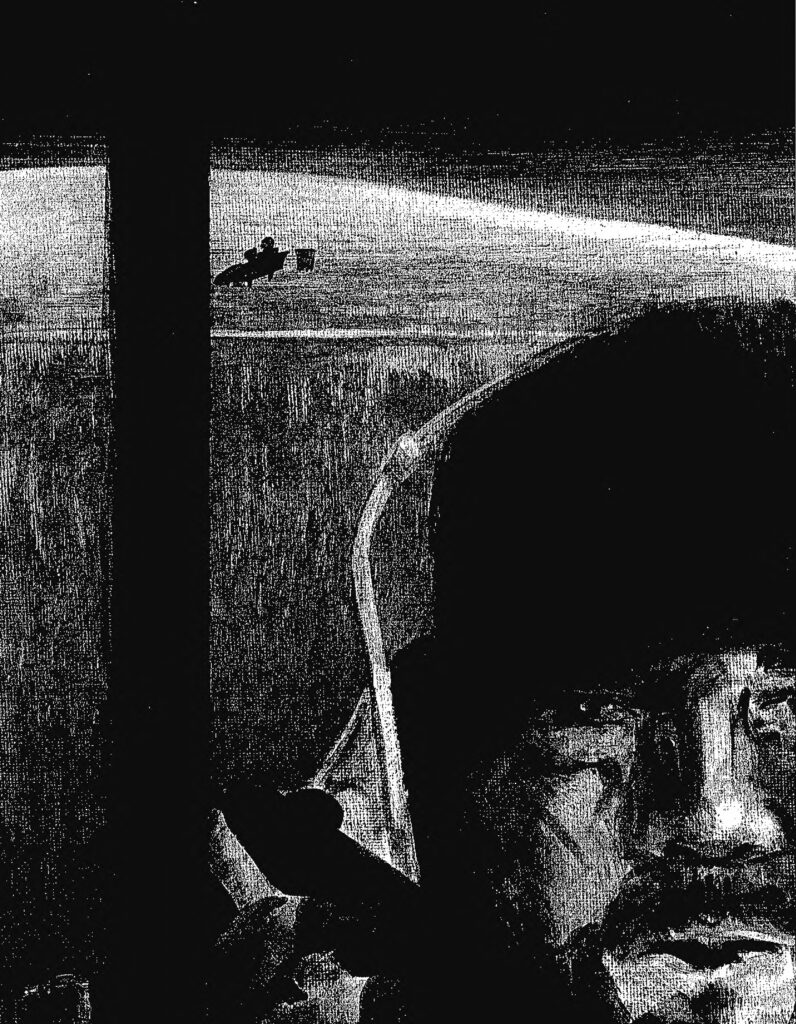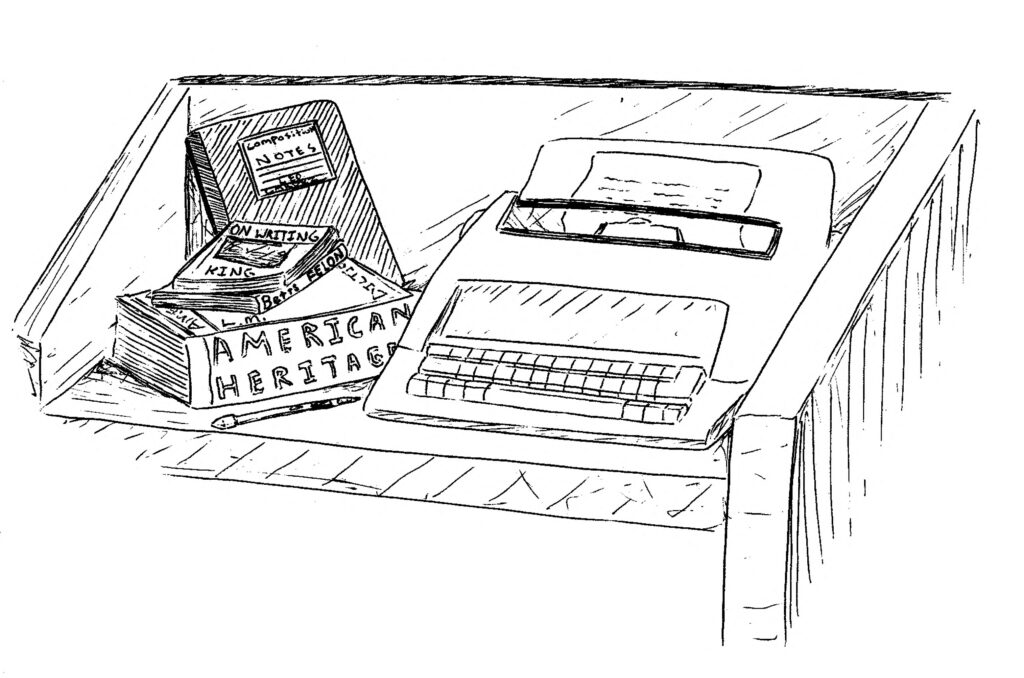
Leo Cardez
CLF member, incarcerated in IL
“Corners,” my newest celly, is middle-aged and polite — the sort of man who carries the normal toil of the world. We have a lot in common and often spend hours talking about this or that. He’s easy to talk to, quick to grin with a wry sparkle to his eyes when he shares stories that are close to him.
Neither of us are much for idle chit chat or gossip, but occasionally we open up about our fears, hopes, and dreams and it can be quite powerful. I can always tell when he’s getting into a story, he leans forward pinning me with the force of his words. Stories of his past life, pre-prison, are tinged with regret; nothing more so than the loss of his daughter. She’s not dead, but when he came to prison in many real ways he died to her. Prison is certainly a type of death. Are we buried yet undead or are we dead yet unburied? She was only 8 years old when he came to prison and he still recalls her bright pink pajamas with the footies she was about to outgrow in another growth spurt. In fact, he told me, there has not been a single minute in a single day since he left that he hasn’t thought about her — not a moment has slid by when the world was not still oriented toward her. His words shook me to my soul. The depth of his tragic story of multi-generational addiction and abuse pinched the oxygen from the air. Yet, by all measures, it was clear to me he had learned to use his grief as a weapon for his faith and inner recalibration.
I see myself in all his stories, it is as if I’m speaking through him, only the names and dates are different. I suppose that is the purpose of good storytelling: be tiny and epic at the same time. The best stories are local slices of Life. They concern the neighborhoods where we grew up, our closest friends, and favorite things. They are close to the bone, the flesh of our lives. And yet, they are universal, too, because they speak to our shared humanity; the fears and hopes we all share as sons, brothers, fathers, and friends. Stories of prison woes, I’ve learned, are very similar regardless of age, nationality, or culture; what happened to one, happens to all.
Corner’s story is rooted in suburban privilege, but the story arc plays out similarly around the country’s prisons: an unfair criminal justice system, fear, loss, and the desperate attempt to find and hold onto hope and purpose in our cold, austere world.
It is an undeniable truth, when we open our hearts to hear each others’ stories — we oftentimes find ourselves in them; we realize we are not so different after all and others’ experiences can become our own. I’m confident employing shared storytelling as part of a larger restorative justice effort, connecting victims and offenders, would certainly break down barriers, shatter stereotypes, and be a conduit to true healing. But, that’s a bigger story for another time.
“There is no agony like leaving an untold story inside of you,” Zora Neale Hurston wrote in Dust Tracks on a Road. That quote is the principle that guides my writing. As much as my writing may have a self-help angle or sense to it, what I really want to impart is the human pulse of the stories. The essence of their message is that we’re all in the same boat just trying to get through this harder-than-we-could-have-ever-imagined thing called life. We need, nay, we must, share what we’ve endured as a means of catharsis and connection. I’ve often encouraged my fellow inmates to write their story. I believe everyone in prison has a novel inside of them waiting to bloom, if only they’d sit down to write it.
Corners’ stories keep unfolding, every one as poignant as the last and as we get to know each other the recitation and exchange of these stories is where the common ground begins to emerge. It is how respect and friendships are built.
My greatest fear is that my own daughter may follow in my addiction footsteps. I’ve read that young people today have the highest rates of anxiety, depression, and suicide in history. Many experts believe they are symptoms of a generation being raised during the digital revolution. As connected as the internet has the capability to make us, apparently today’s youth has never felt more alone and unheard. Stories are unfolding in them and they need to express them. I encourage my daughter to seek help, if and when she feels she needs it; to talk about her feelings. And she does. She’s putting cracks in the emotional walls that hold her hostage, so eventually the whole thing will fall. That’s what happens with enough time and pressure, even the hardest rocks will eventually turn to dust. But, the waiting and continuous effort needed to break down the walls is what is heartbreaking. But, that’s why we must continue to share all those stories we keep hidden in secret chambers of our hearts — they are what make us and what may save us all.
